

I’m nitpicking but you pay taxes multiple times in general, eg:
- you pay taxes on income/wage
- vat when you spend it
- shop pays taxes on profit
- the employee pays income tax again
Inheritance tax monitors the transfer of wealth rather than the original earning of it, the goal is to prevent accumulation of wealth, and birth becoming the main determining factor for chances in society. Usually it’s progressively applied, with tax free thresholds, so the common people often aren’t even subject to such tax.

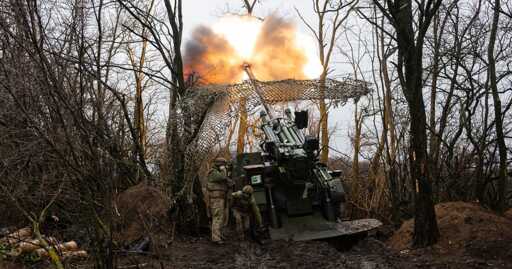















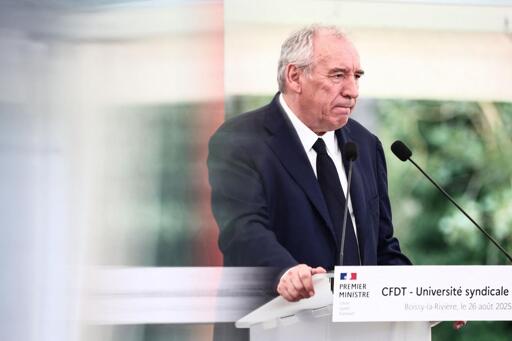



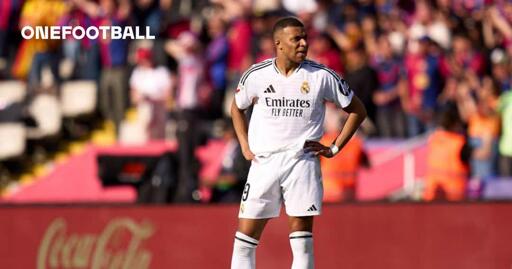
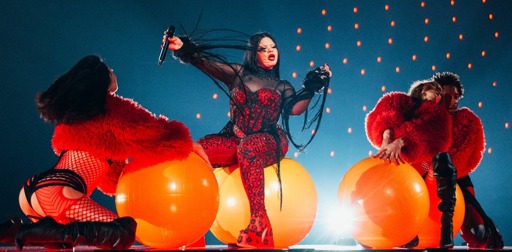






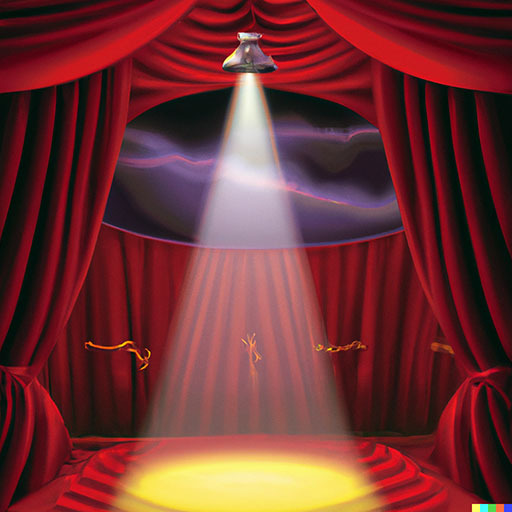



Yeah it’s probably just the journalist finding the silliest thing to lie about as part of this experiment